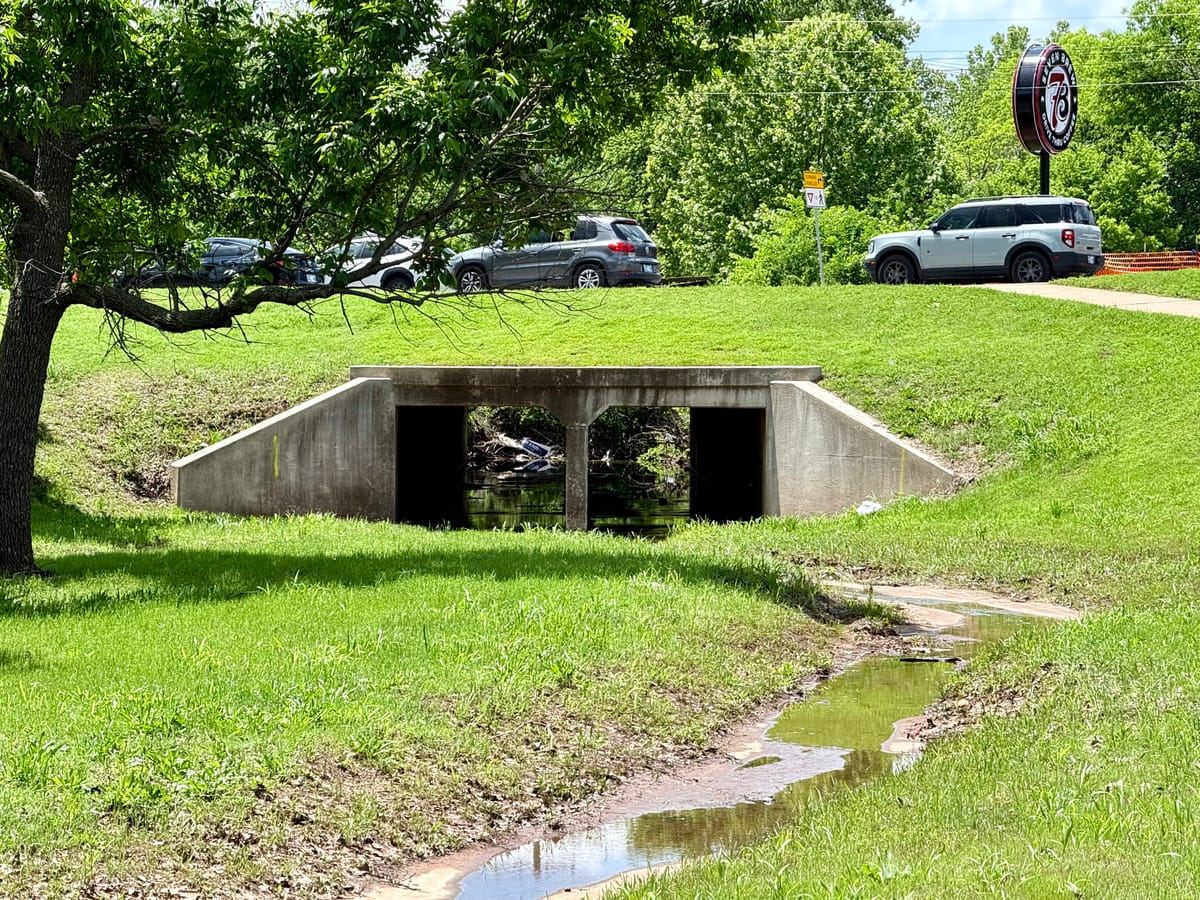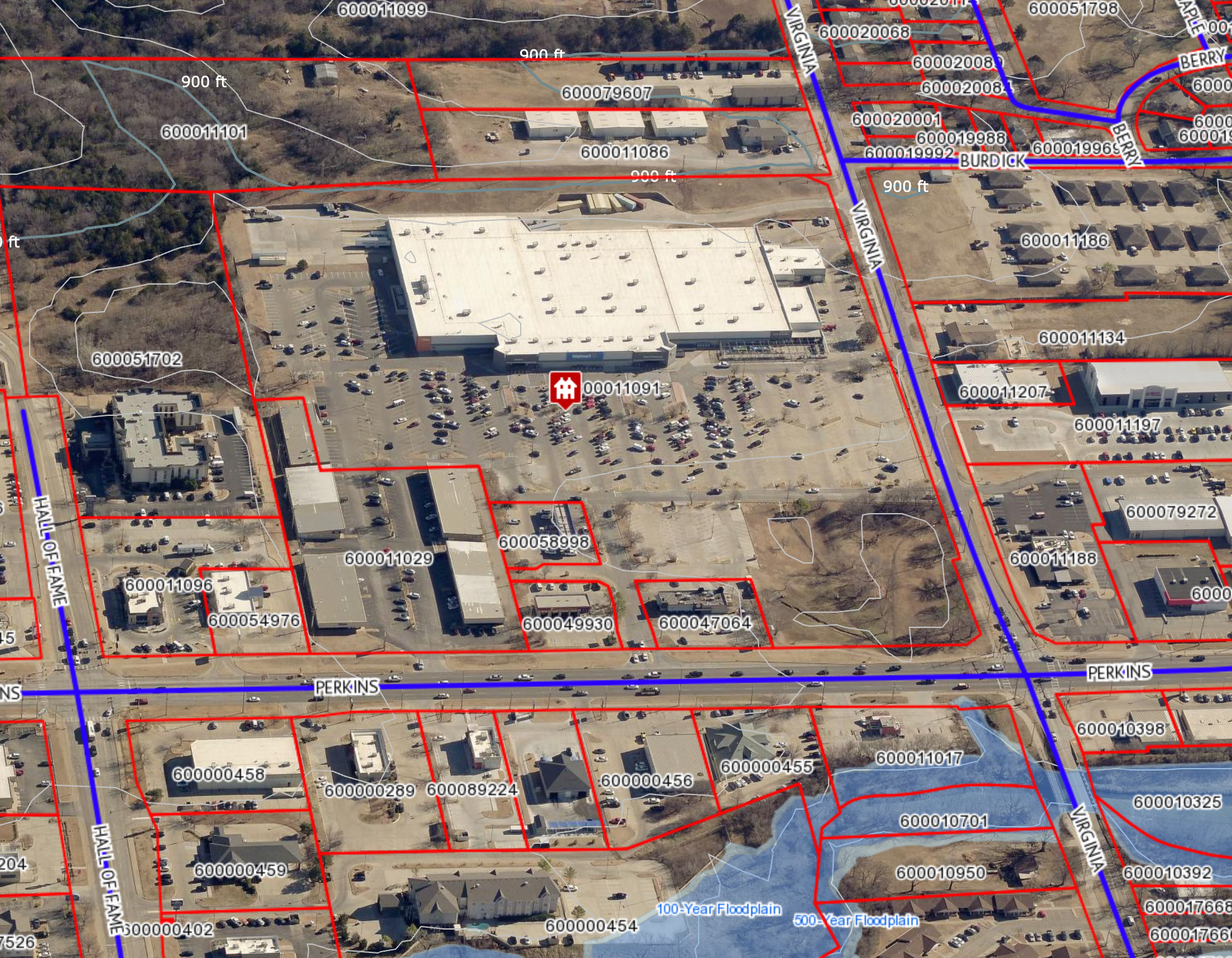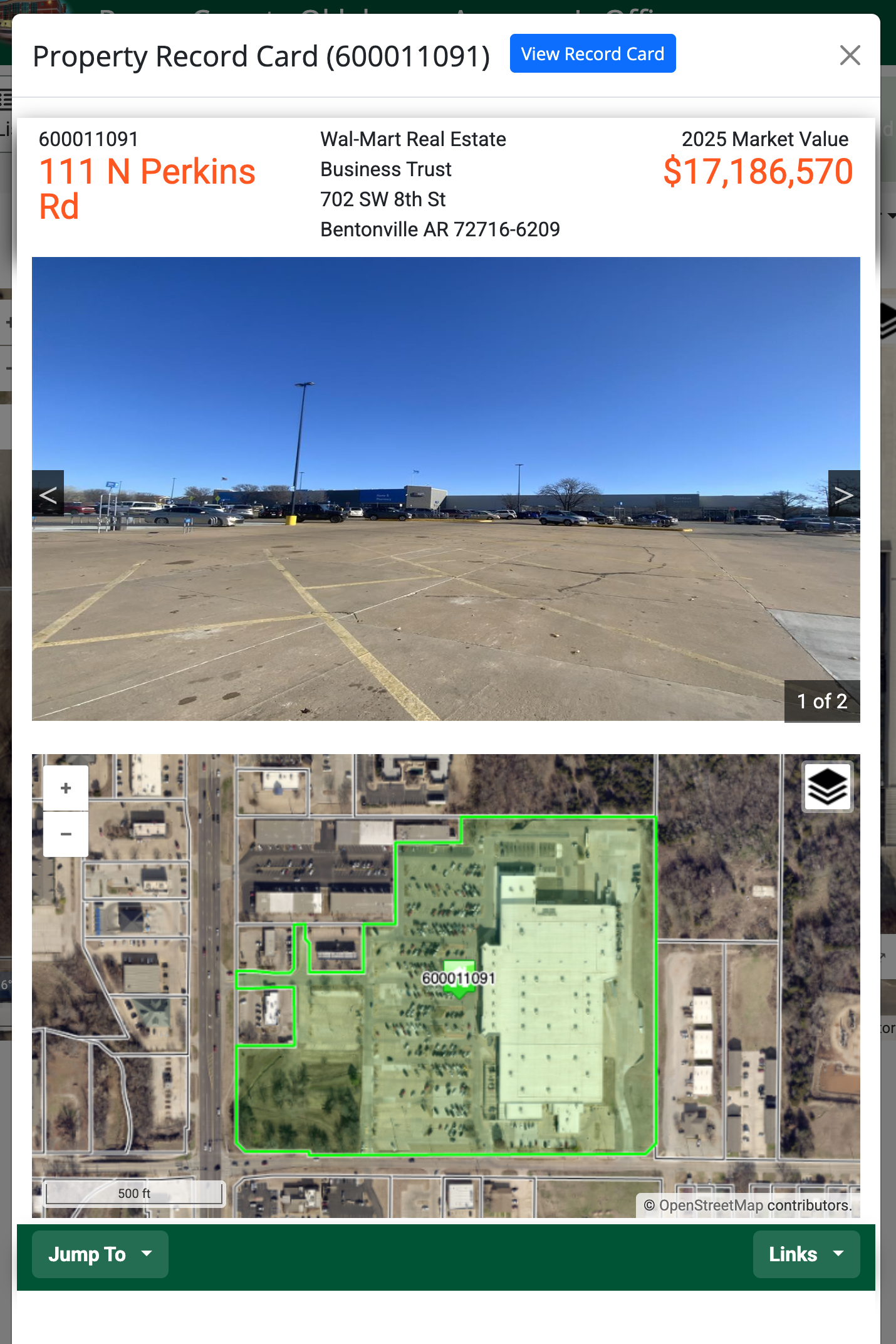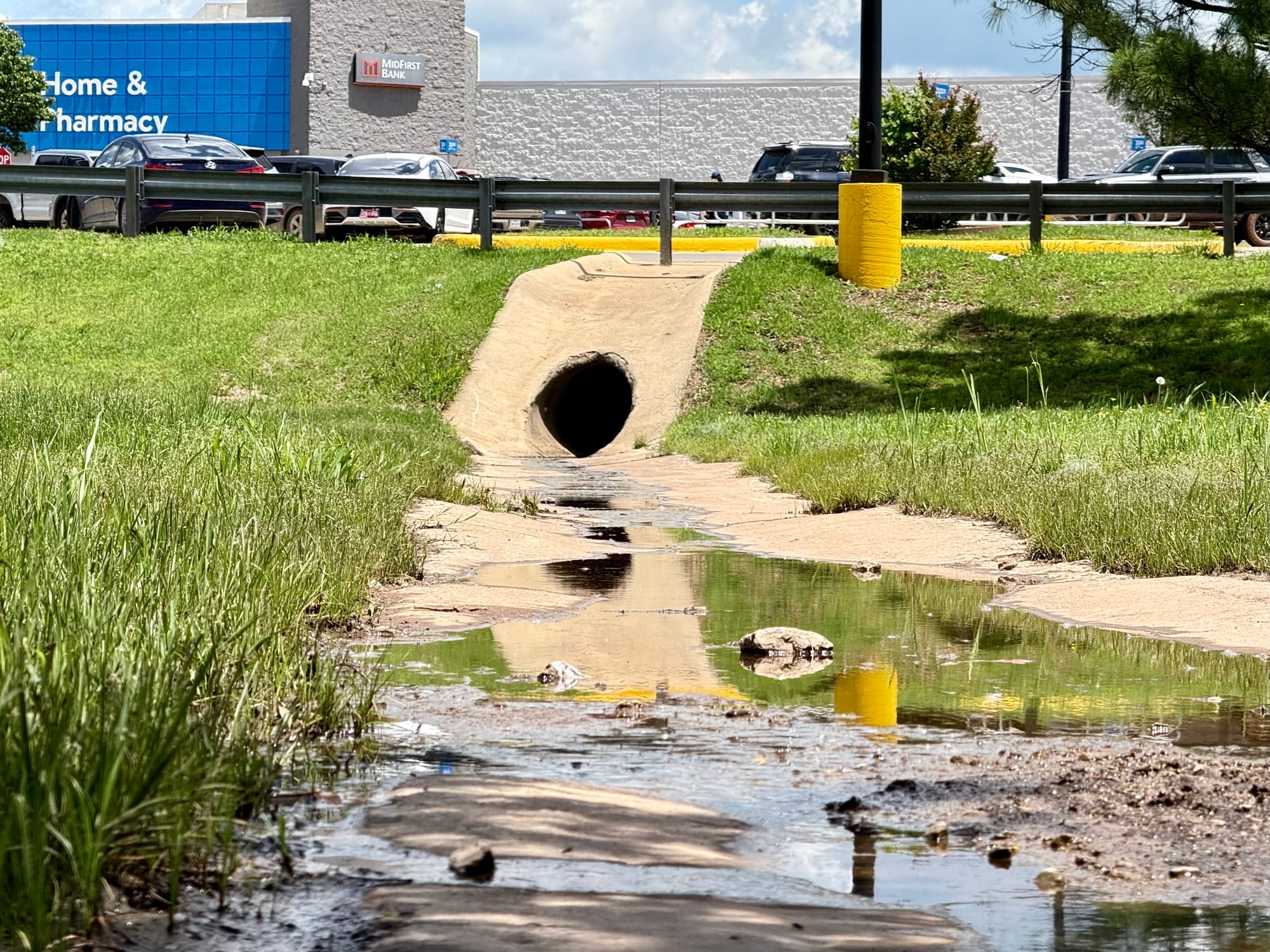

The Stillwater City Council is considering two new ordinances that would clarify property owners' responsibilities for maintaining drainage facilities on their land. The proposed changes aim to reduce flooding risks by ensuring proper maintenance of stormwater infrastructure throughout the city.
City Attorney Kimberly Carnley introduced the ordinances at the May 5 council meeting, explaining that both measures work together to address drainage facility maintenance issues.
"These changes were requested by staff and both the first read ordinances are related to improving the city's code provisions that relate to drainage facilities," Carnley said. "Sometimes the staff has challenges with property owners' compliance for maintenance responsibility of those facilities."
The first ordinance would amend Chapter 35 of the city code to expand the definition of drainage facilities to include "all geographical features and structures that store, control and/or convey stormwater runoff."
It would also add subsections clarifying maintenance requirements and establishing that property owners are responsible for maintenance, repair and operation of drainage facilities on their property.
"It would allow the city some access to those facilities if they need to inspect them, and also allows the city to issue a notice of violation to assist with compliance if needed," Carnley explained.



The drainage facilities at the northeast corner of Virginia Avenue and Perkins Road is an example of a large stormwater infrastructure located on private property. – Payne County Assessor Maps, Property Card. Photo by Chris Peters
The second ordinance would update the city's public nuisance code to specifically include "accumulation of trash, garbage, debris, brush or vegetation in drainage facilities when it causes or has the potential to cause flooding at a tract off the location where the accumulation is located."
Carnley noted that currently, when there are obstructions in drainage facilities that lead to inadequate drainage or ponding, the city faces limitations in addressing the issues.
"The city can't go and do maintenance or repairs on that private property, and if they're unable to get the property owner to do the maintenance, we're kind of stuck," she said. "This would allow another mechanism for the city to proceed with declaring it a public nuisance, and then from there we could abate the nuisance pursuant to the provisions under state law."
Mayor Will Joyce expressed support for the ordinances but emphasized the need for public education about what constitutes a drainage facility.
"The only comment I had on these was just maybe the need for some public education around what a drainage facility is that might be on their property," Joyce said. "I think there may be some folks who kind of would say, 'Well, I wasn't sure. I didn't realize that that ditch was a drainage facility that I had to make sure was clear of obstruction.'"
Joyce added that while most of it is "pretty commonsensical," public education would help ensure people understand their responsibilities.
Celebrate travel and support Stillwater’s local businesses and the Stillwater Regional Airport (SWO) during National Travel & Tourism Week! Ring registers at hospitality industry businesses to enter for a chance to win one of three $500 American Airlines gift cards.
Shop & Win!!! This promotion is open to anyone - Stillwater visitors and residents who support local businesses during National Travel and Tourism Week will be eligible to win!
In a statement to The Stillwegian, Dawn Dodson, Director of Communications for the City of Stillwater, provided additional clarification about what constitutes drainage facilities.
"Drainage facilities include a variety of features that carry stormwater runoff—such as underground storm sewer drains, street curbs and gutters, grass-lined ditches, and concrete channels," Dodson explained. "They can also include natural features like creeks and tributaries that have not been modified by construction."
Dodson emphasized that the initiative is designed to help reduce roadway ponding and flash flooding by keeping drainage routes clear and functioning as intended.
When drainage issues are identified, the city will notify property owners and request their assistance in addressing the problem. If issues remain unresolved, the city may issue citations or pursue abatement at the property owner's expense.
According to city code, violations could be classified as Class C or Class D offenses with fines up to $1,000 and jail time of up to 90 days.
(3) If the violation is a Class C offense, it shall be punished by a fine not exceeding $ 750.00 and costs; (4) If the violation is a Class D offense, it shall be punished by a fine not exceeding One Thousand Dollars ($1,000.00) and costs, and/or by imprisonment not exceeding ninety (90) days, or, by both such fine and imprisonment. – Section 4 of ORDINANCE NO. 3147
"We are also preparing an educational campaign to help the community better understand the ordinance, and we will share more detailed information well in advance of its implementation," Dodson said.
The council voted unanimously to advance both ordinances to second reading. Final approval would require a second vote at a future meeting.


